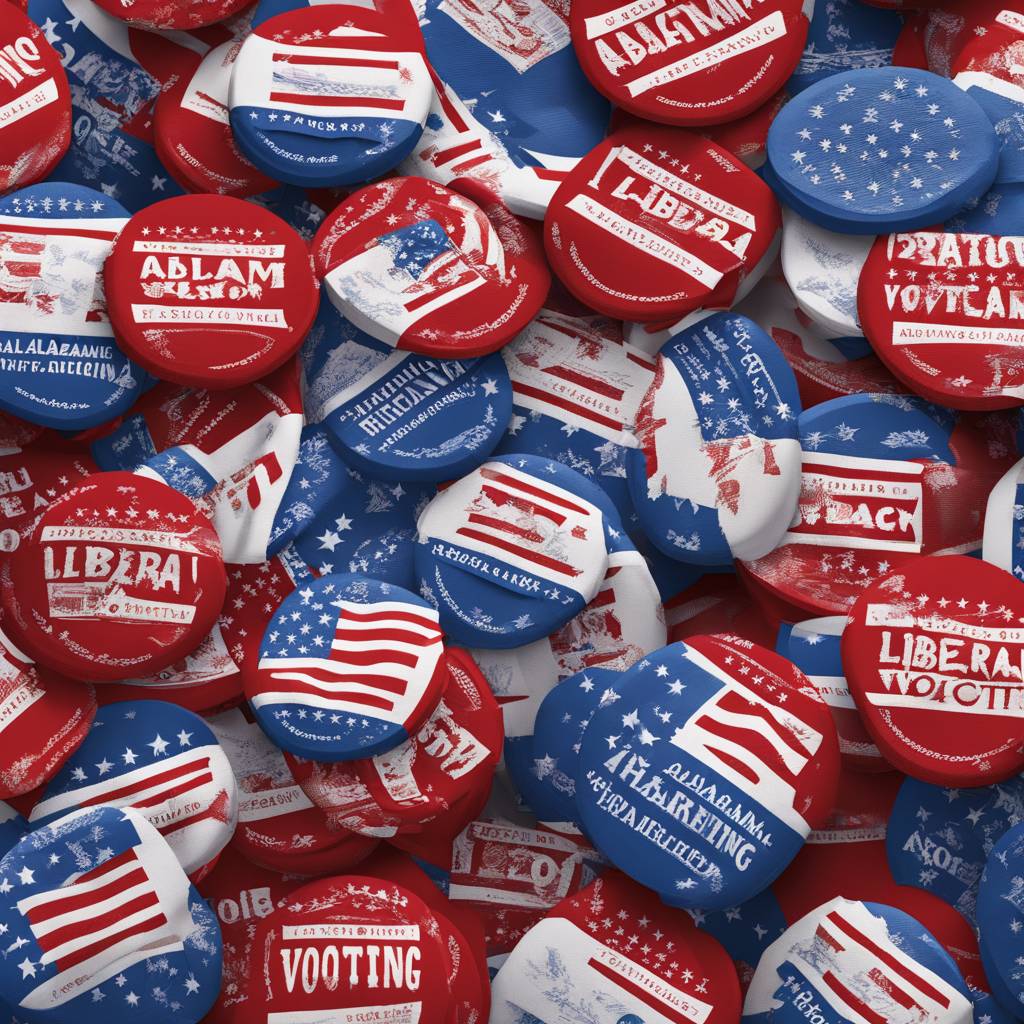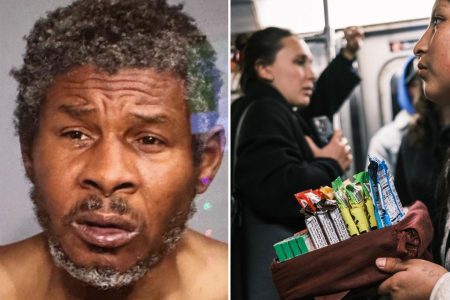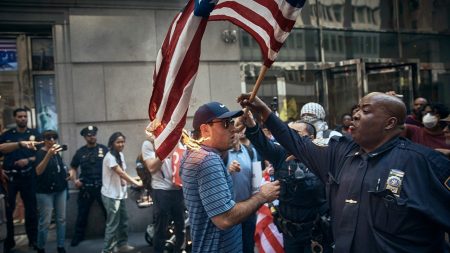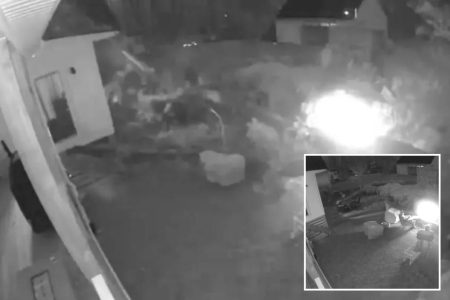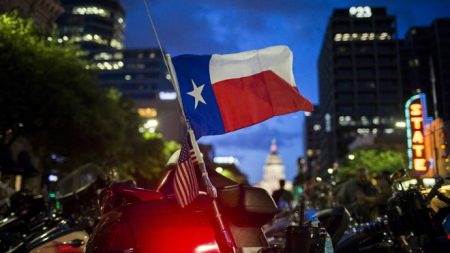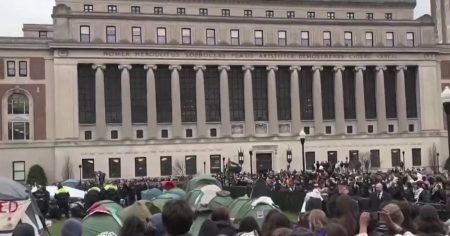A coalition of activist groups in Alabama has filed a lawsuit challenging a new law, SB1, that places restrictions on who can receive payment for handling ballots. The groups are specifically challenging the ban on paying or receiving payment to distribute or collect ballot applications, arguing that it compromises the voting capacity of disabled and elderly individuals who need assistance obtaining documents. The lawsuit was filed by the Alabama State Conference of the NAACP, Alabama Disabilities Advocacy Program, Greater Birmingham Ministries, and the League of Women Voters of Alabama, with Alabama NAACP President Benard Simelton stating that SB1 violates the law, restricts constitutional rights, and marginalizes access to the ballot box. Governor Kay Ivey signed the bill into law last month after it was approved by the state legislature, with the intention of ensuring free and fair elections under her watch.
The new law makes it a felony to pay or receive payment for services such as collecting, completing, or distributing absentee ballot applications, and it also criminalizes returning another voter’s ballot application or prefilling voter applications before distribution. The legislation was seen as a key priority for Republicans in the Alabama Legislature, who aimed to combat voter fraud through measures like banning “ballot harvesting,” a method of collecting multiple absentee ballots. However, Democrats have argued that there is no concrete evidence of ballot harvesting and have accused the legislation of attempting to suppress voting by absentee ballot. Despite the controversy surrounding the law, Governor Ivey has maintained her commitment to ensuring fair and transparent elections in the state.
The Alabama NAACP and other activist groups have strongly criticized SB1, arguing that it violates basic Constitutional Amendment rights, including freedom of speech, and restricts access to the ballot box for marginalized communities. The law’s ban on payment for ballot handling services has been particularly contentious, with activists claiming that it disproportionately affects disabled and elderly individuals who require assistance with voting procedures. While the law does provide an exemption for voters who need assistance due to blindness, disability, or inability to read or write, critics argue that the overall impact of the law is to limit access to the voting process for vulnerable populations.
The lawsuit filed by the coalition of activist groups aims to overturn SB1 and restore the rights of individuals who require assistance with absentee voting in Alabama. The legal challenge highlights the ongoing debate over voting rights and voter access in the United States, with differing perspectives on issues such as ballot harvesting and the role of payments in facilitating ballot handling services. As the legal battle unfolds, the outcome will have implications not only for Alabama’s upcoming elections but also for broader discussions around democracy, voting rights, and accessibility in American politics. Despite the contentious nature of the legislation, Governor Ivey has reiterated her commitment to ensuring the integrity of the electoral process and preventing any fraudulent activity in Alabama’s elections.





